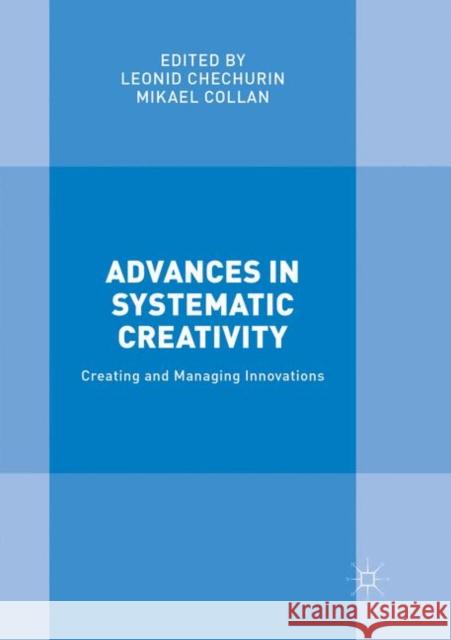Advances in Systematic Creativity: Creating and Managing Innovations » książka
topmenu
Advances in Systematic Creativity: Creating and Managing Innovations
ISBN-13: 9783030086121 / Angielski / Miękka / 2019 / 369 str.
Kategorie:
Kategorie BISAC:
Wydawca:
Palgrave MacMillan
Język:
Angielski
ISBN-13:
9783030086121
Rok wydania:
2019
Wydanie:
Softcover Repri
Ilość stron:
369
Waga:
0.48 kg
Wymiary:
21.01 x 14.81 x 2.13
Oprawa:
Miękka
Wolumenów:
01
Dodatkowe informacje:
Wydanie ilustrowane











